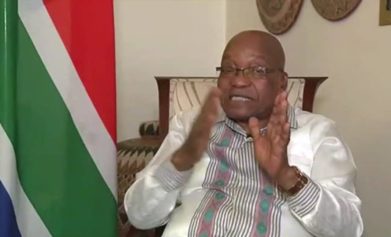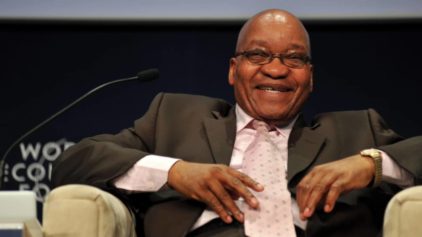The massacre at the platinum mine that has rocked the South African nation has prompted President Jacob Zuma to name a judicial commission to conduct a comprehensive inquiry into the clash that resulted in 34 deaths.
There were already investigations being conducted by the police and an independent police watchdog, but Zuma’s commission—which he has already appointed—will have the authority to examine the police, the mining company Lonmin, the rival unions, the government and any individuals involved.
“It has been directed to investigate matters of public, national and international concern rising out of the events in Marikana which led to the deaths of approximately 44 people, the injury of more than 70 persons and the arrest of more than 250 people,” Zuma said in televised remarks.
The three-person commission will be led by retired appeals court judge Ian Farlam. The commission has four months to complete its investigation and another month to submit a report.
Zuma said the commission will look not only at security issues, but also at broader concerns about labor policies and working conditions.
South African is currently dealing with a staggering 24.7 percent unemployment rate here, compounded by the fact that many business headquarters have fled to nearby provinces.
That crisis of earning a living has been a struggle for some time. But the senseless gunning down of 34 miners by police at the Marikana mine about an hour northwest of Johannesburg has shaken the masses.
Thursday, thousands of mourners attended a memorial service for the slain men. And seventy or so miles away, the pain was palpable among those who live in South Africa.
“It is very sad and scary,” Thokozani Mdluli, a local tour guide, told atlantablackstar.com. “Immediately, these killings made me think back to apartheid. In fact, it’s just like apartheid. Here we have workers protesting peacefully for higher pay—which is their right, especially with how hard they work and the danger that comes with the job—and they get killed. Shot.


